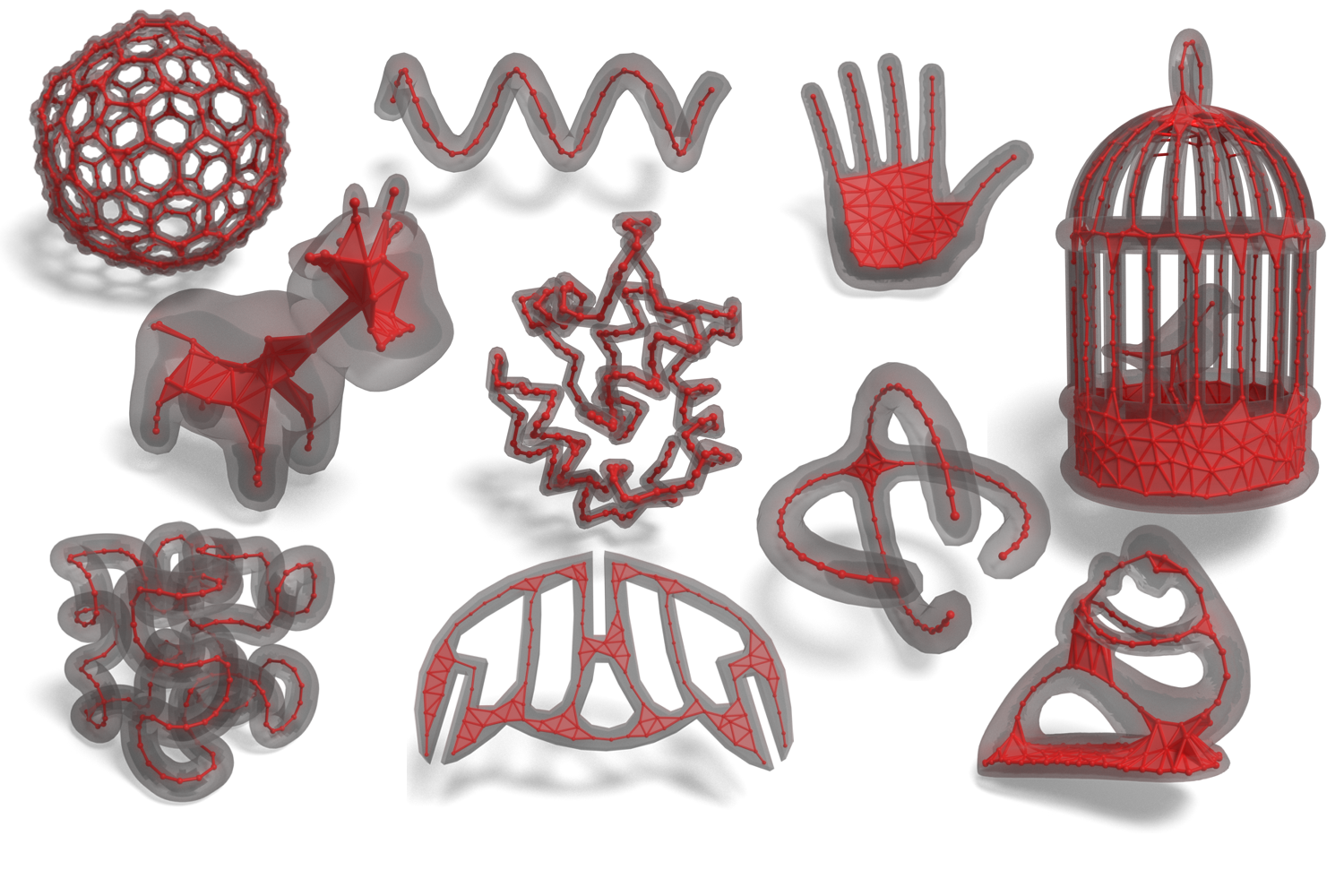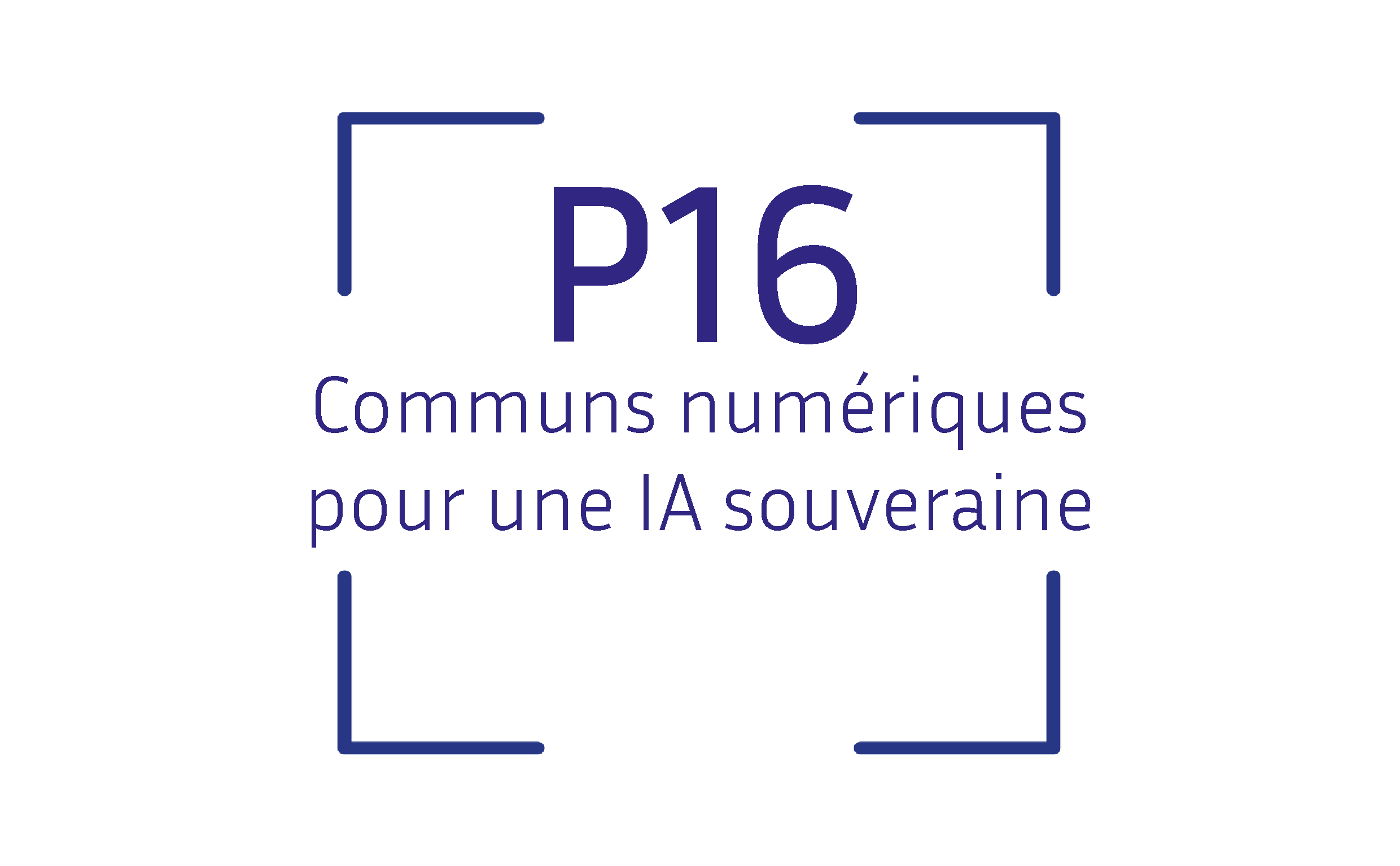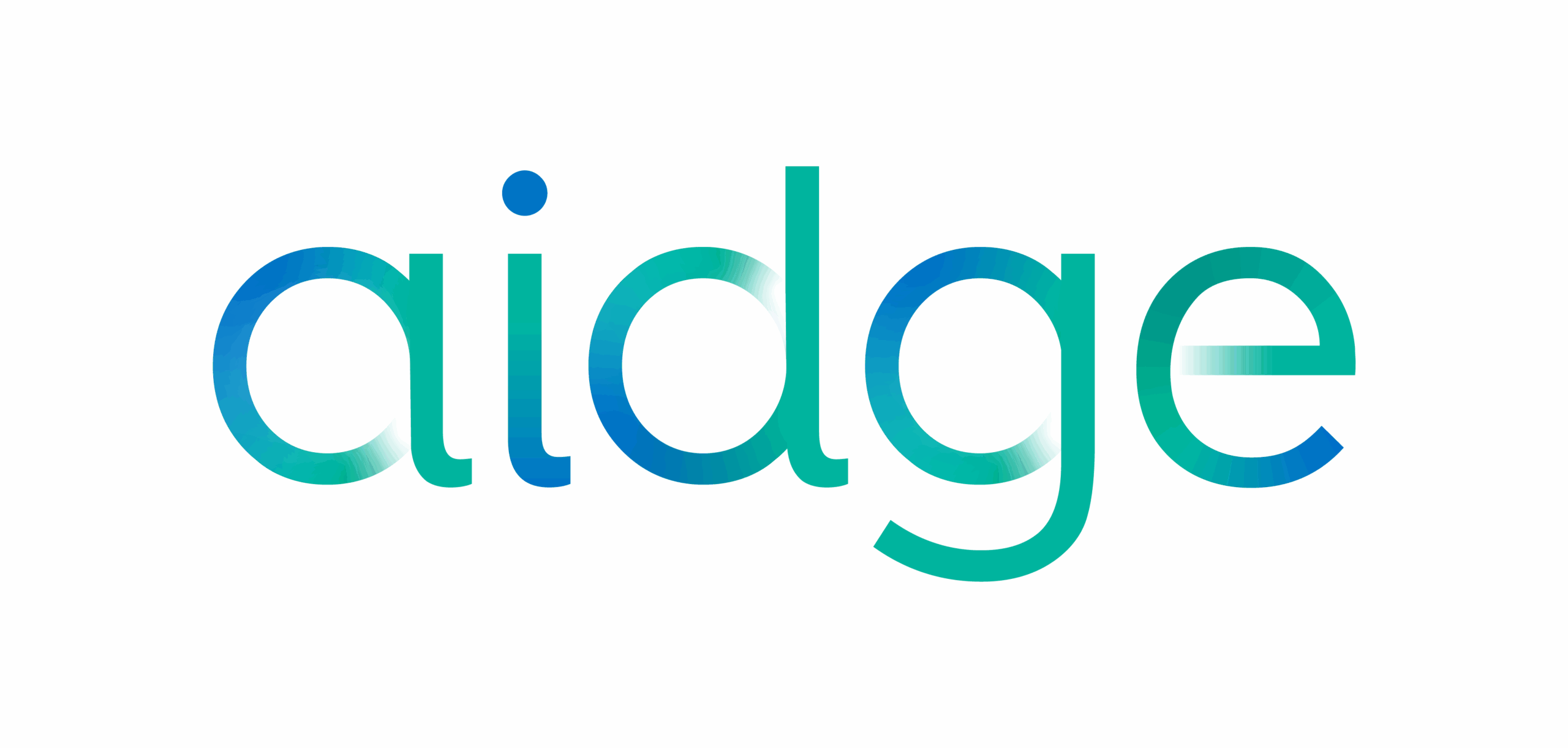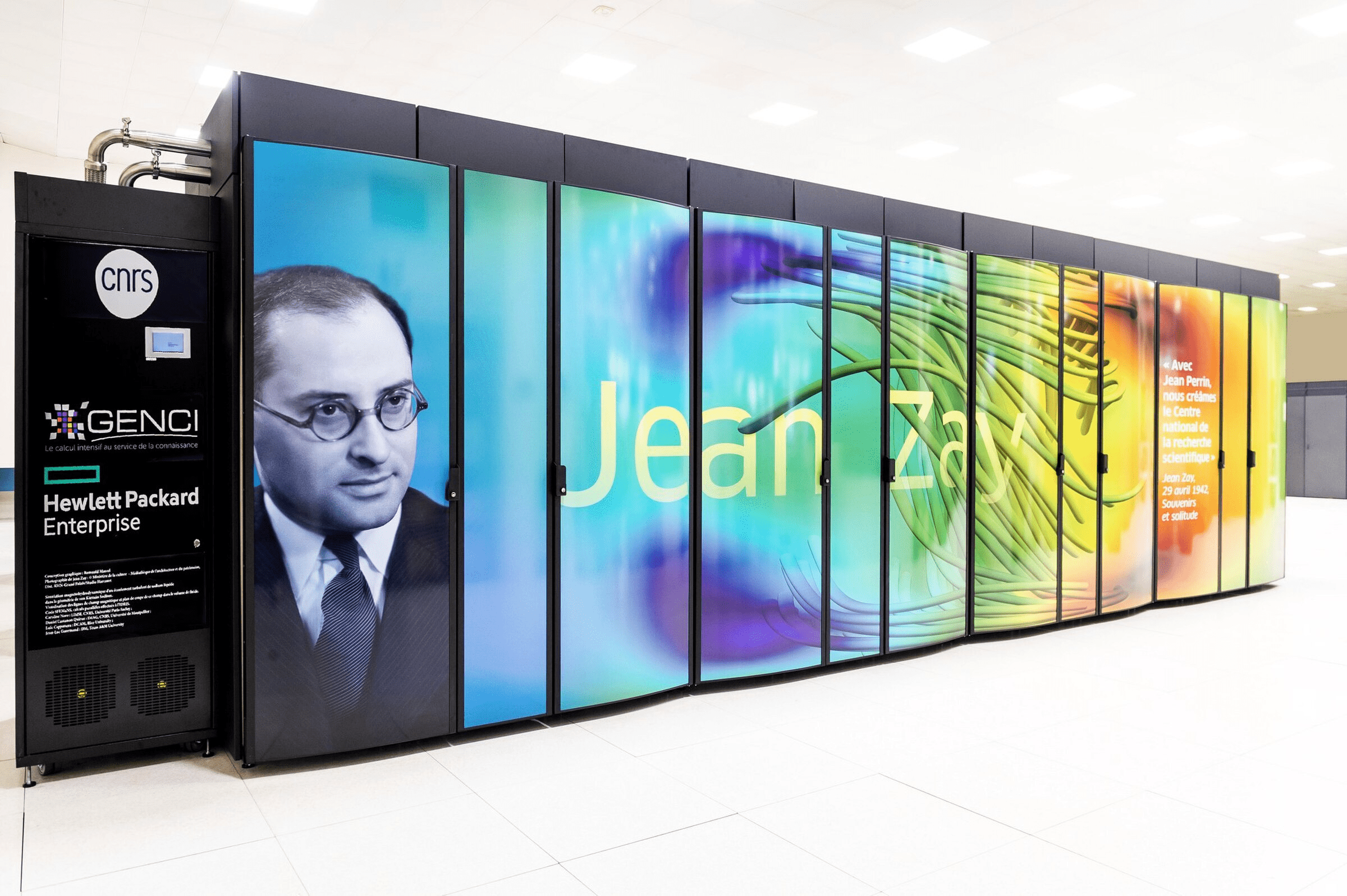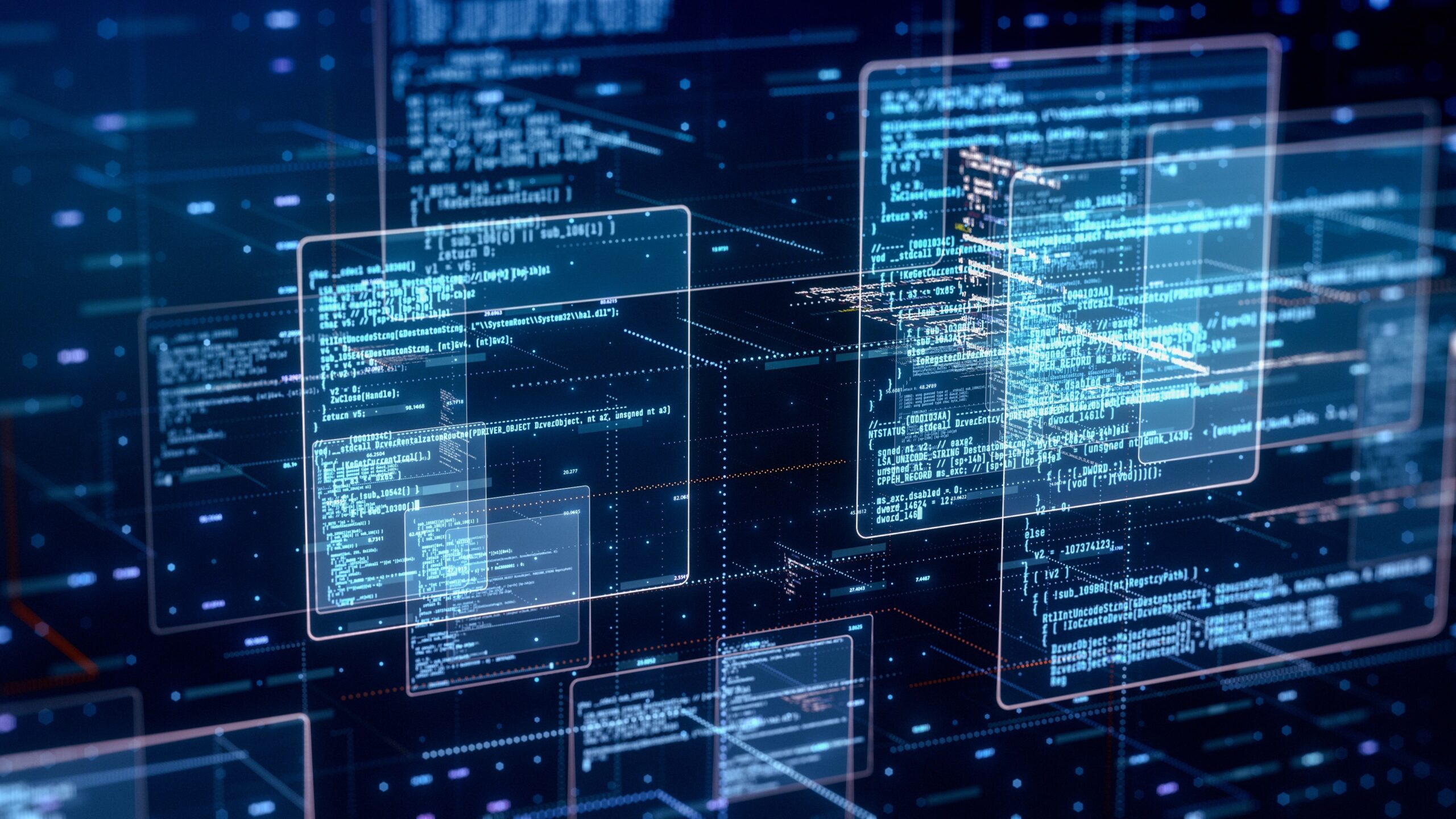
HOLIGRAIL
Holistic approaches to greener model architectures for inference and learning
Preview
Offer cutting-edge methods that significantly improve the energy efficiency and performance of artificial intelligence models
Olivier Sentieys, Professor at Université de Rennes, chair Inria
Olivier Bichler, Head of LIAE, CEA List
The HOLIGRAIL project look at a holistic, global comprehension of the energy consumption of AI algorithms, to provide breakthroughs in efficiency when running inference and training algorithms on specialized hardware.
The results are intended to be integrated into development solutions for embedded systems.
Key words : frugal AI, machine learning, artificial neural network, optimization, computer arithmetic, hardware architecture, hardware acceleration, optimization compiler, code theory
Project web site : PEPR IA – HOLIGRAIL Project
Missions
Our researches
Develop number representations
Design more compact and efficient number representations that maintain near-reference inference or learning quality, enabling better scalability of embedded models.
Develop training algorithms
Develop hardware-adapted training algorithms that improve sparsity, coding compactness and tensor transformations, in order to better exploit the constrained hardware resources in embedded systems.
Develop hardware solutions
Go beyond existing approaches by developing efficient hardware mechanisms optimized for sparsity, extreme quantization and ad hoc number representations; and by enhancing the interaction between hardware and algorithms for higher energy efficiency and performance.
Compiler optimization
Demonstrate the effectiveness of the compiler’s optimization methods, to ensure efficient implementation on embedded and high-performance platforms.
Consortium
Université de Rennes, CEA, Inria, INSA Lyon, Grenoble INP, CNRS
HOLIGRAIL’s outcomes include open-source softwares and hardware spécifications, with close integration into existing deep learning frameworks (e.g., DeepGreen). The developed tools will be used as prototypes for development and to ease evaluation, as well as to enable dissemination..
HOLIGRAIL aims to operate at the models and code level, to drastically reduce the energy consumption of artificial intelligence systems, during training and inference processes.
The results are intended to be integrated into development solutions for embedded systems, enabling faster processing and reduced data transfer for safer, more secure systems. Embedded AI provides applications for industry and society, in the fields of energy, health, transport, defence and more.
A community of around 30 permanent researchers, teaching researchers and engineers, plus 14 PhD students, 7 post-docs and 4 contractual research engineers as the project progresses.
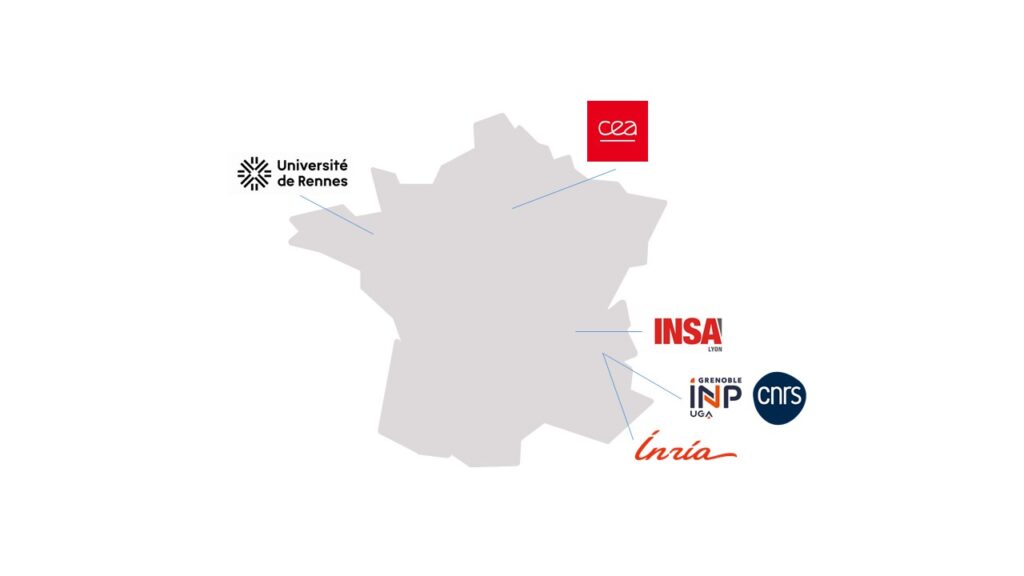
Publication
Autres projets

